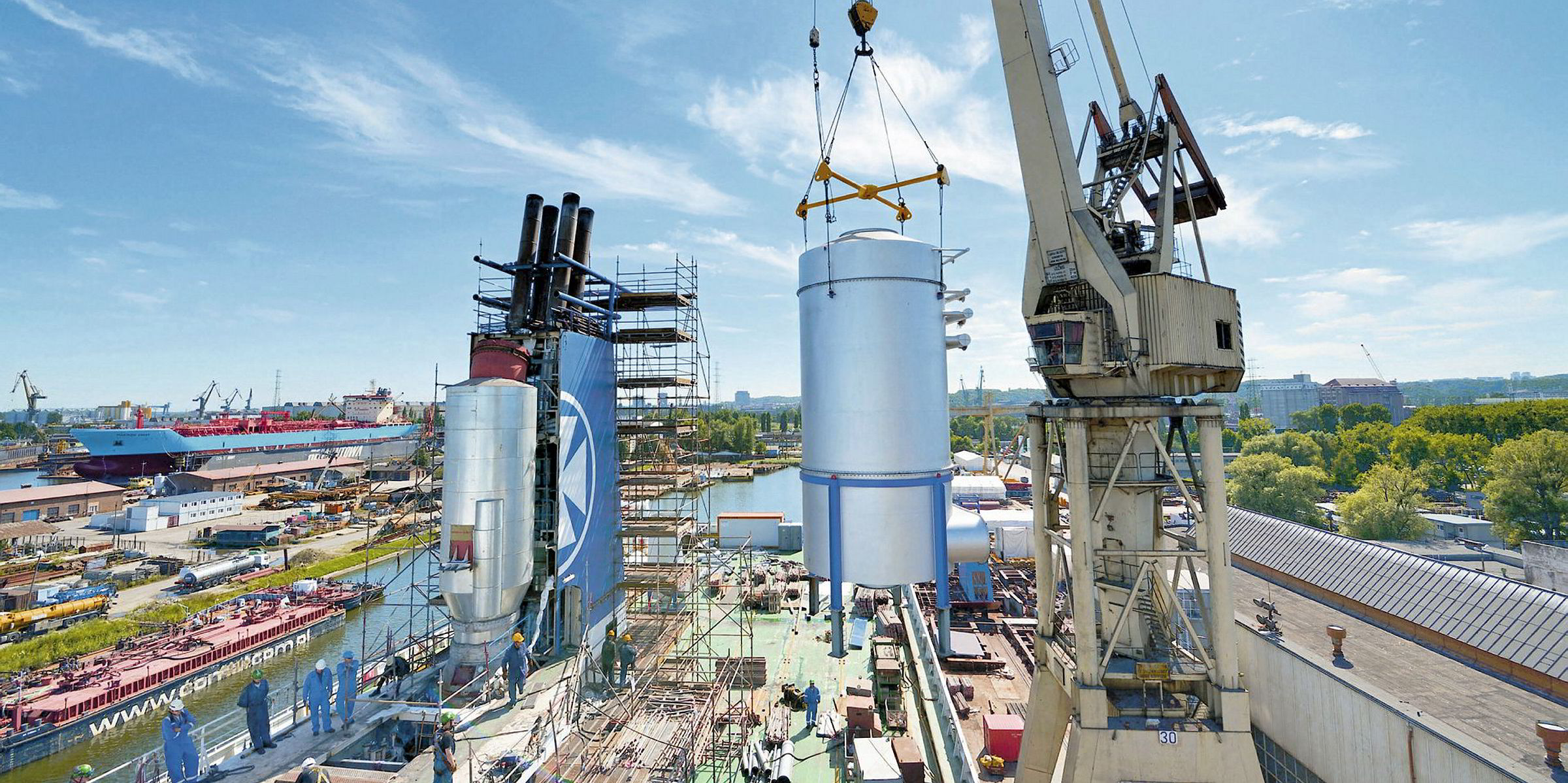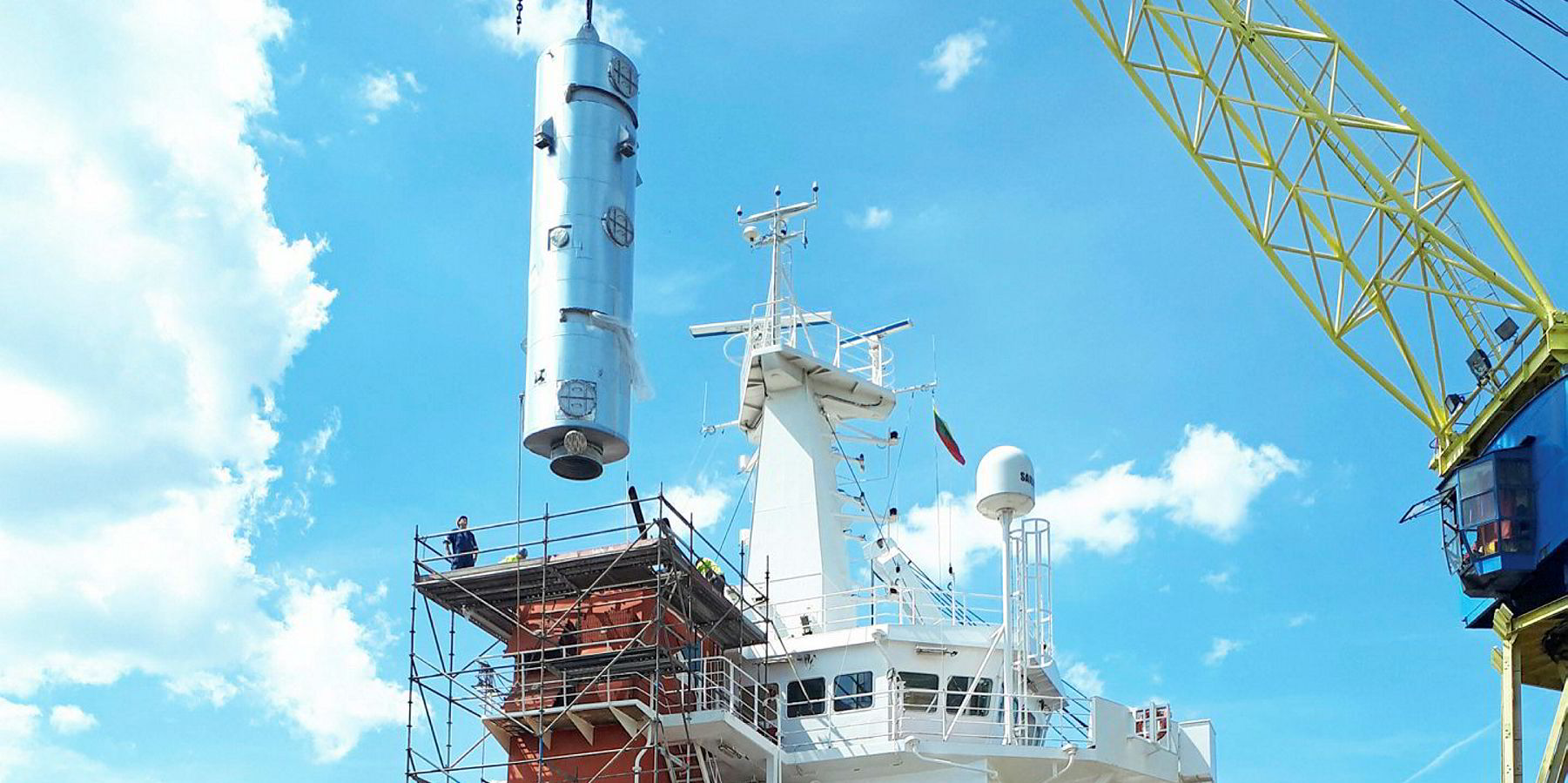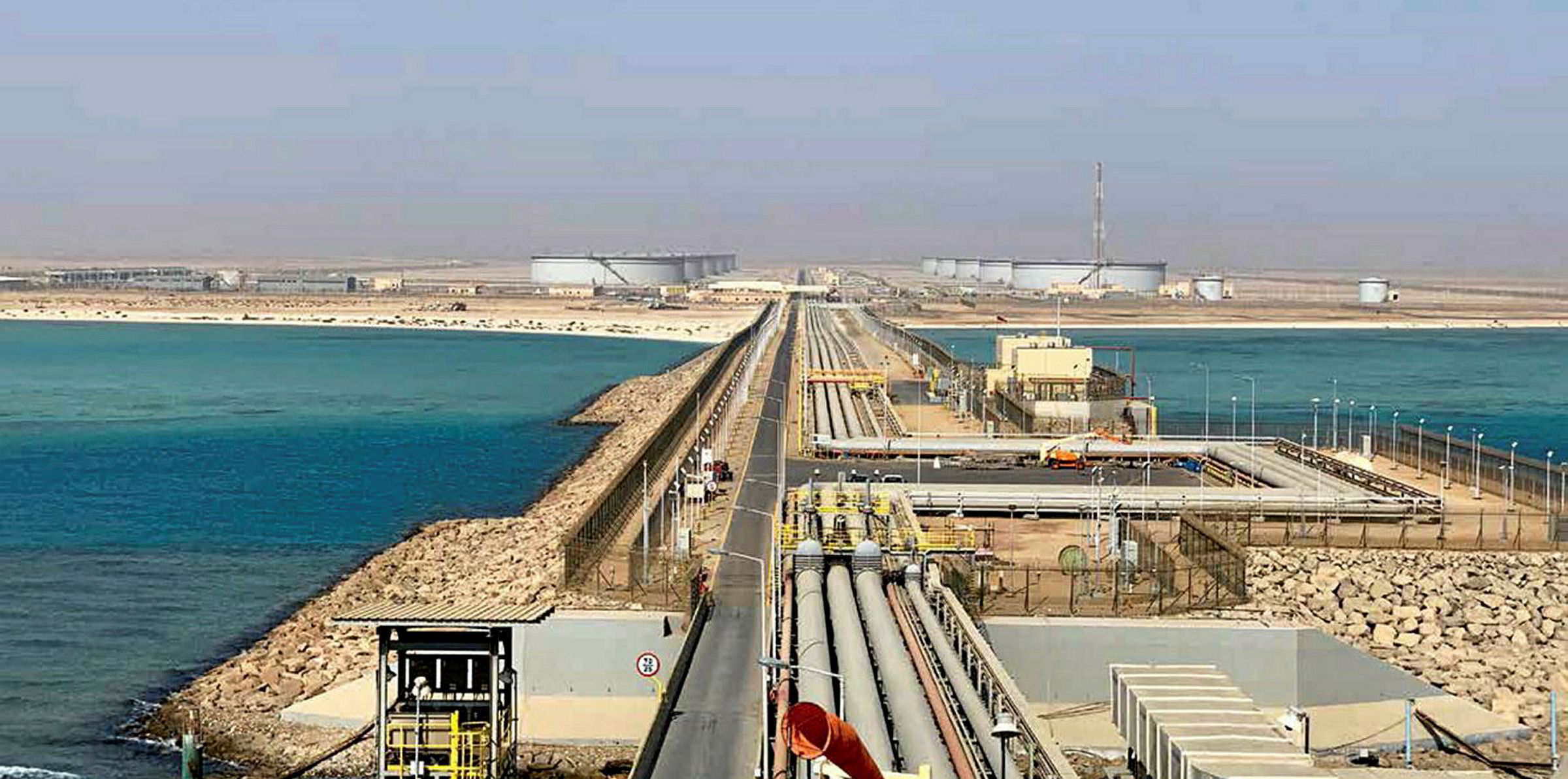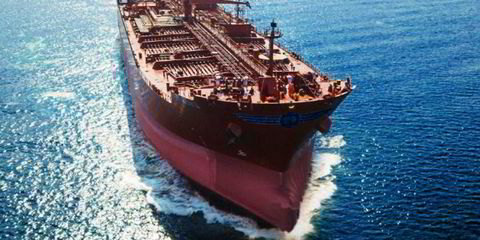The cost-effectiveness of installing scrubbers has centred on the price spread between high-sulphur and low-sulphur fuel.
But as this spread continues to erode, the added costs associated with ships being detained and fined due to the discharge of scrubber wash water could make a critical difference in the debate.
Although the International Maritime Organization considers open-loop scrubbers to be an acceptable method of compliance with Marpol Annex VI, countries around the world are taking a closer look at the impact of scrubber wash water on the environment.
At least 22 countries prohibit or restrict the discharge of exhaust wash water from open-loop scrubbers, including countries where IMO 2020 has not been enacted.
For example, Argentina, which has not ratified Marpol Annex VI, nonetheless prohibited discharge from open-loop scrubbers in early August.
Rules change in days
In the US, there is no federal ban on open-loop scrubber discharge, but several state environmental agencies have banned it. Other countries are leaving it up to individual ports.
The regulations are changing so rapidly that lists of ports and their regulations can become out of date in a matter of days. Protection and indemnity clubs alert shipowners to the changes as they become known, but there is no guarantee that the situation has not changed prior to a ship’s arrival.
Owners with open-loop (or hybrid) scrubbers installed on their ships are urged to check with local agents or International Group of P&I Clubs correspondents on applicable regulations in relation to the use of scrubbers, such as wash-water discharge restrictions, or requirements to seek permission from authorities to use scrubbers in port waters.
A ship’s staff need to be mindful when their vessel operates in regions where scrubber discharge is banned, and switch to closed-loop mode (for hybrid scrubbers) or to compliant fuel well in advance of arrival at ports.
Wide interpretation

Even while exercising due diligence, vessels are being detained and owners fined in some ports where there is no official discharge ban on scrubber wash water.
International Group club correspondents in Turkey advise that even though there is no formal limitation or ban on the discharge of scrubber wash water, environmental authorities may fine a ship if the samples collected from the overboard discharge line are suspected to be a pollutant.
As Turkish authorities widely interpret the term “pollutant”, the club has recommended that all overboard discharge valves are shut and secured or sealed in closed position while ships are in Turkish waters. If these precautions are not taken, the shipowner could face significant fines. These fines must be paid, or security must be put up at once for the full amount, otherwise the ship may be arrested.

P&I club letters of undertaking (LOUs) are not always accepted. The International Group has experienced demands for open-ended and anticipatory LOUs for minor pollution incidents in Turkey. The requirement to negotiate any security and/or arrange for the LOU to be translated or notarised, or both, can cause delay.
Another example has been reported in Iran, where port authorities detained and fined a ship with an open-loop scrubber system, claiming that the discharge was pollution due to an alleged defect in the open-loop scrubber system.
Subsequently no defect was found in the system and the authorities offered only a verbal confirmation of the local lab results on the sulphur content in the water.
Non-accidental discharge
A fine was levied on the ship for clean-up costs. The shipowner was later advised that discharge from scrubber wash water was not allowed in the Iranian port despite the absence of a local law or regulation to this effect, or guidance from the authorities in advance of the ship’s call. There was no way for the shipowner to have known of the prohibition.
It is important to note that P&I cover in respect of fines for pollution relating to the non-accidental discharge of scrubber wash water is available only at the discretion of a club’s board of directors at the conclusion of a case.
Until a decision has been made by the board on cover in such discretionary cases, clubs may be unable to provide security. Even if they do, this will only be in exchange for acceptable counter-security, which would usually be in the form of cash or a bank guarantee.
The above examples illustrate that if restrictions in ports around the world continue to tighten, costs for shipowners using open-loop scrubbers will also rise if they want to avoid fines or detainment when the wash water is deemed to be a pollutant.
Rebecca Hamra is regional claims director for the Standard Club
Do you have an opinion to share? Email: news@tradewindsnews.com








